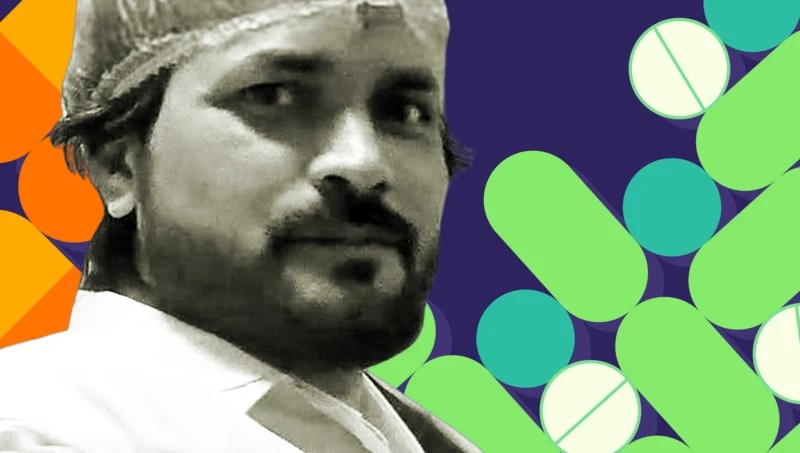In a shocking revelation, a BBC investigation has uncovered the dark underbelly of the pharmaceutical world, exposing Aveo Pharmaceuticals, an Indian company, for manufacturing unlicensed, highly addictive opioids and illegally exporting them to West African countries. These powerful opioids, stronger than tramadol, have been linked to a major public health crisis in countries including Nigeria, Ghana, and Cote D’Ivoire.
Aveo Pharmaceuticals, based in Mumbai, produces these dangerous pills under various brand names, packaging them to resemble legitimate medicines. The drugs, which contain tapentadol and carisoprodol, are not licensed for use anywhere in the world due to their harmful effects, including breathing difficulties, seizures, and potential fatal overdoses.
Despite the risks, these opioids have become popular street drugs in West Africa due to their low cost and wide availability. BBC undercover operatives traced the drugs back to Aveo’s factory in India and recorded one of the company’s directors, Vinod Sharma, discussing the sale of these dangerous products. Sharma was unfazed by the prospect of teenagers in Nigeria abusing the pills, even acknowledging their harmful effects while dismissing concerns with a simple, “nowadays, dis na business.”
The impact of these drugs is devastating, particularly among young people. In Tamale, northern Ghana, local citizens have formed a voluntary task force to raid drug dealers and remove the pills from the streets. One city chief described the drugs as causing users to “go mad,” while an addict simply stated that the drugs had “wast our lives.”
The investigation highlights the broader issue of opioid abuse in West Africa, with the Nigeria Drug and Law Enforcement Agency (NDLEA) estimating that about four million Nigerians are addicted to some form of opioid. Previous efforts to crack down on tramadol abuse have led to tighter regulations, but Aveo Pharmaceuticals has circumvented these measures by exporting even stronger drugs.
Publicly available export data shows that Aveo Pharmaceuticals, along with its sister company Westfin International, has been shipping millions of these dangerous tablets to Ghana and other West African countries. The illegal trade has not only devastated communities but also damaged the reputation of India’s pharmaceutical industry, which is known for producing high-quality generic medicines and vaccines.
As the world grapples with this crisis, the BBC’s investigation serves as a stark reminder of the human cost of illegal drug trade and the need for stringent regulatory measures to protect public health.
